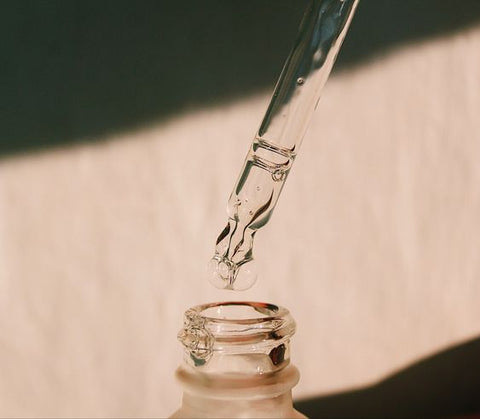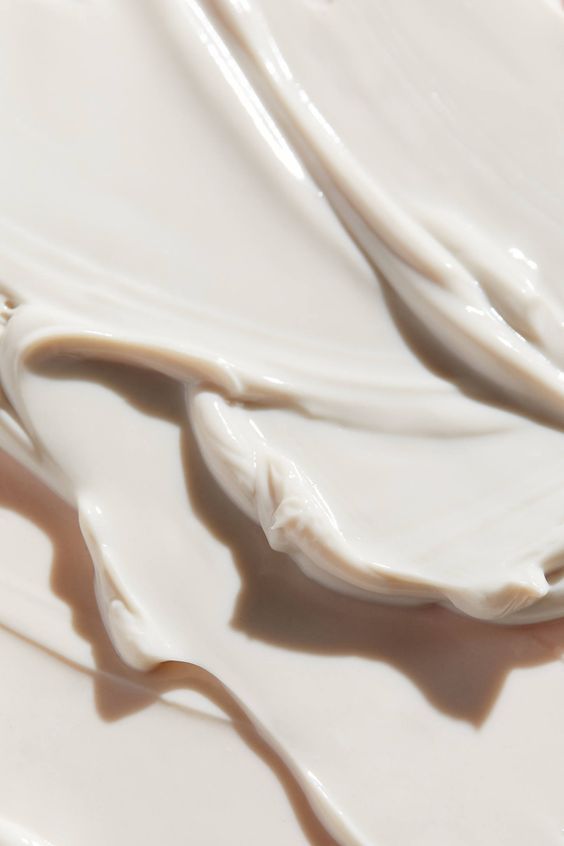By Beauty Expert, Katey Kristabelle

image via pinterest
Cold temperatures outside, combined with stuffy heaters inside can leave your skin feeling dry, chapped, and uncomfortable. The bad news is we are only half way through Canadian winter weather, the good news is you no longer have to endure sensitive winter skin! Here are some insider tips on how to protect your vulnerable skin for the remainder of the chilly months.
SKINCARE

image via pinterest
Switch to a cream or oil based cleanser
As seasons change, so should your skincare routine, and the easiest place to start is changing the texture of your cleanser to a cream or oil instead of a foam or gel to avoid stripping your skin’s protective barrier.
Add serums, butters, and oils to your routine
Thicker protective formulas overnight can help soothe and heal the skin.

image via pinterest
Be on the hunt for nourishing winter skin ingredients
Some facialist favourites are: honey, jojoba, avocado, calendula, vitamin E, zinc, shea, cocoa, aloe, rose hips, squalane, hemp and oat
Moisturize with emollients, hydrate with humectants
Emollients will lock in moisture to protect your skin barrier. Look for ingredients like butters, oils, and ceramides. Humectants will hydrate the skin, look for hyaluronic acid or vegetable glycerine.

image via pinterest
Use creamy masks, or sheet masks instead of clay based masks
Clay draws moisture and oil out of the skin, which can be beneficial in the humid summer months, but in the cooler months opt for cream textured masks or sheet masks to pamper your skin without compromising it.
Increase or limit your exfoliation
Skincare routines are not a one size fits all.Flaky and dry skin can prevent your products from working correctly, but over-exfoliating can leave the skin sensitized with greater chance of reacting to frigid temperatures. Exfoliate more often if your skin is dull/rough and blocking products from sinking in, but limit or choose gentle methods of exfoliating if your skin is sensitized, tight or inflamed.
Ditch alcohol laced makeup setting sprays and use a hydrosol mist instead
Many popular makeup setting sprays are full of drying alcohols. Make the switch to a hydrating hydrosol mist to refresh the skin and add a glow to your complexion.
Apply your skincare on damp skin
Products absorb better when the skin is damp (que your hydrosol mist) or apply your products on damp skin and you will notice a huge difference.
Avoid lip products with menthol or peppermint
The skin on your lips is thinner to that on the face. Most people mouth breathe or lick their lips in the chilly outdoor air, and then turn to common minty ingredients in an attempt to reverse chapped lips, but menthol and peppermint will only add to the problem. Look for flavour or fragrance free choices with ingredients like beeswax, calendula, carnauba, and honey.
Don’t skip your SPF
Aging UVA rays penetrate through clouds and windows all year round. Your sun protection is one step you don’t want to halt during the winter.
LIFESTYLE

image via pinterest
Avoid extreme hot/cold water on the skin
Your skin already is experiencing cold to hot reactions from the environment, so it is best to avoid prolonged too hot, or too cold water when washing your face. Room temperature is always best for regular use and won’t dry out your skin.
Sleep with a humidifier
This is the ultimate step you can do to combat indoor heat dryness. Add moisture back into the air while you sleep, and wake up to replenished skin in the morning.

image via pinterest
Be aware of dehydrating beverages
Caffeinated drinks like coffee, black tea, green tea, hot chocolate, as well as wine and sugary drinks will dehydrate your skin from the inside out. If your skin is reacting and very sensitive, try limiting your intake of these types of drinks to let your skin heal.
Increase water intake and hydrating foods
Wake up your water with lime or lemon, cucumber or fruit infusions to increase hydrating abilities and hydrate your skin from within by consuming more water rich fruits and fruit smoothies. Coconut water is one of the highest sources of electrolytes known, and makes a wonderful addition to your smoothie recipes.






